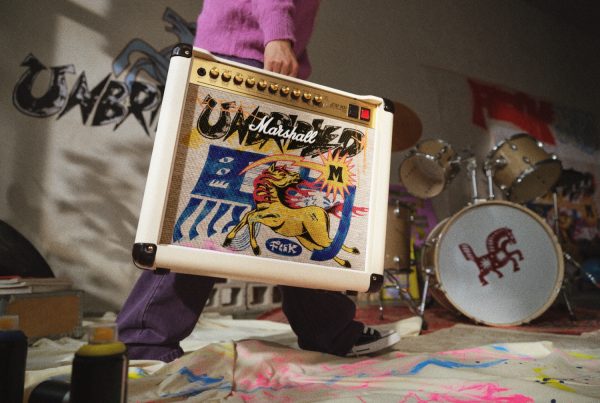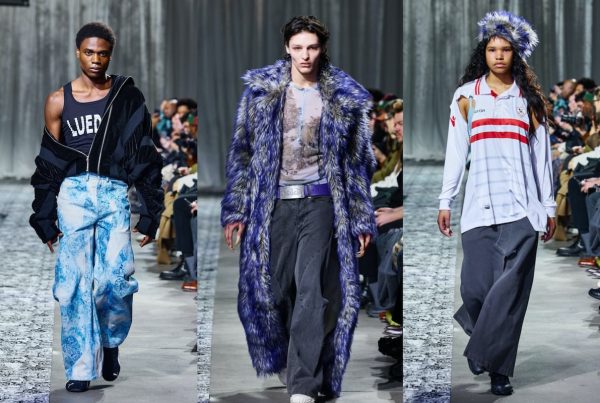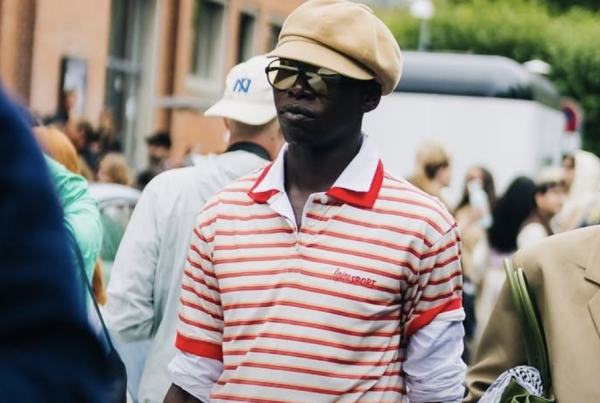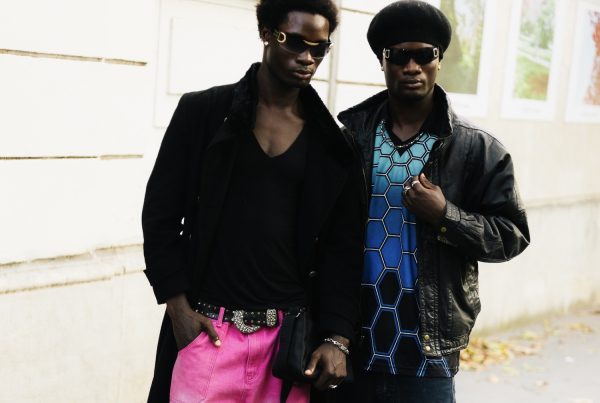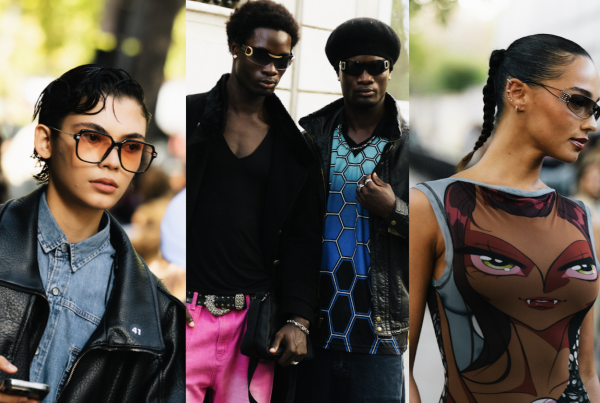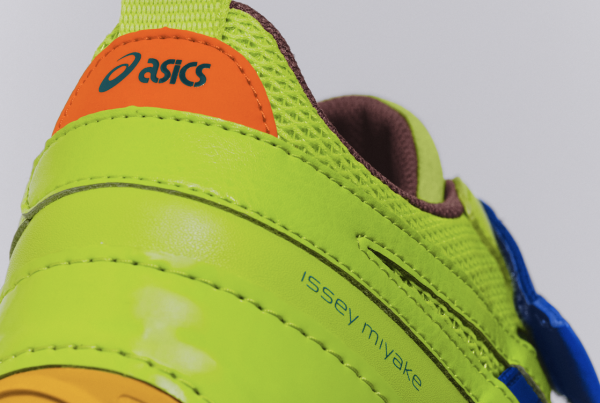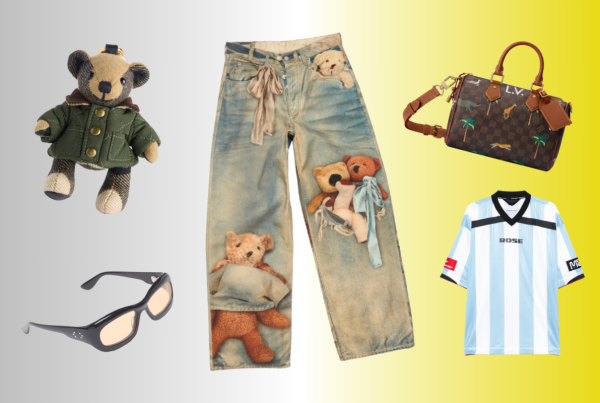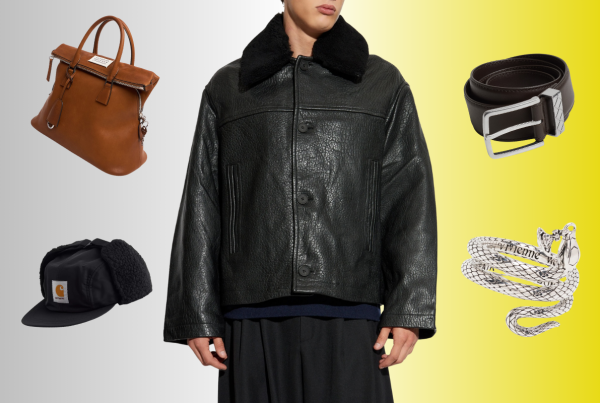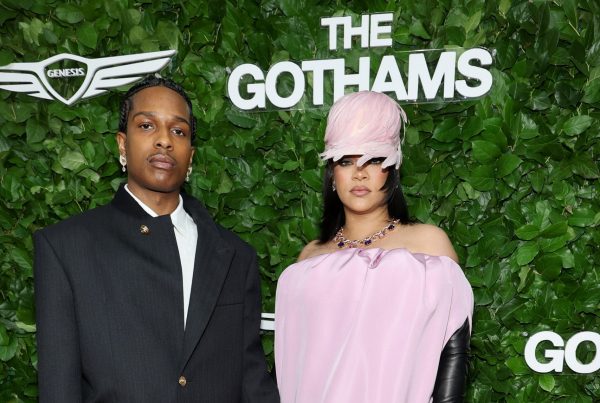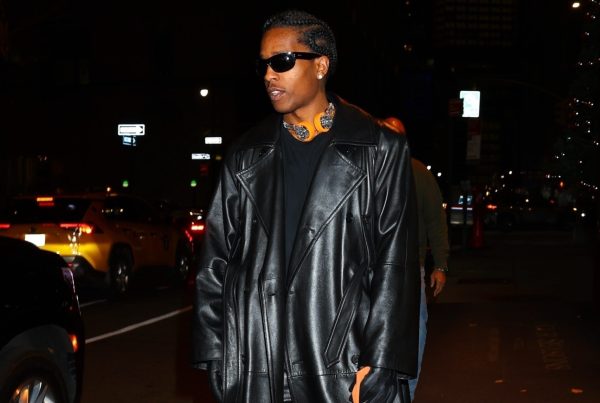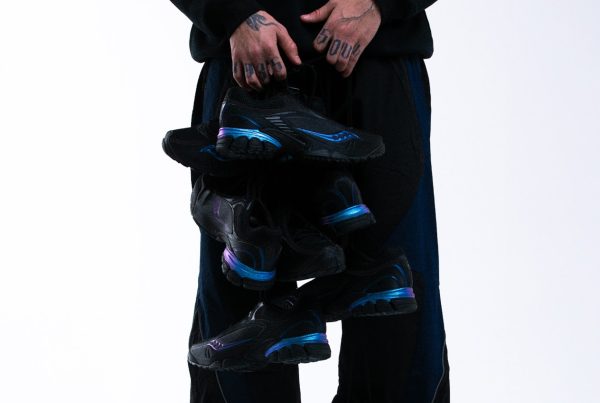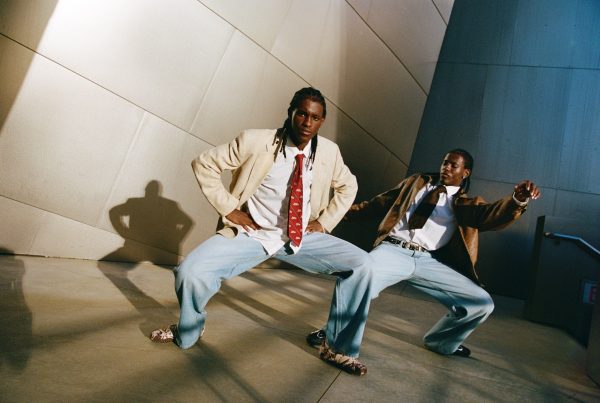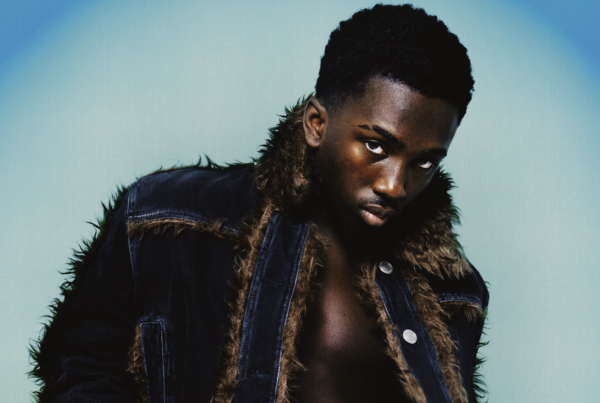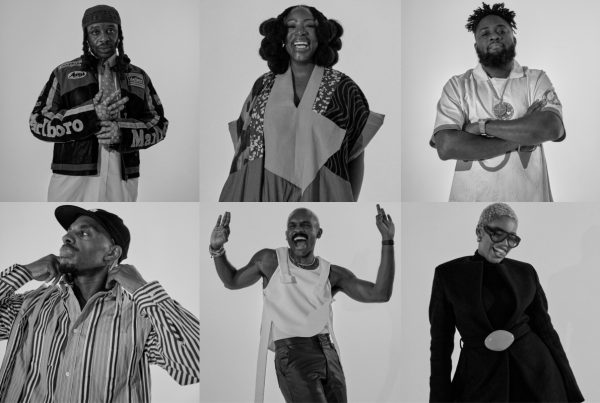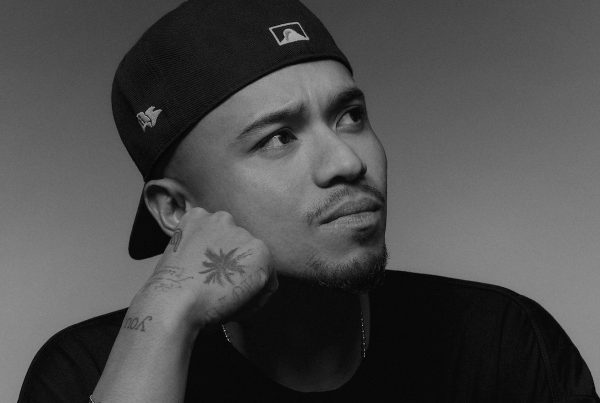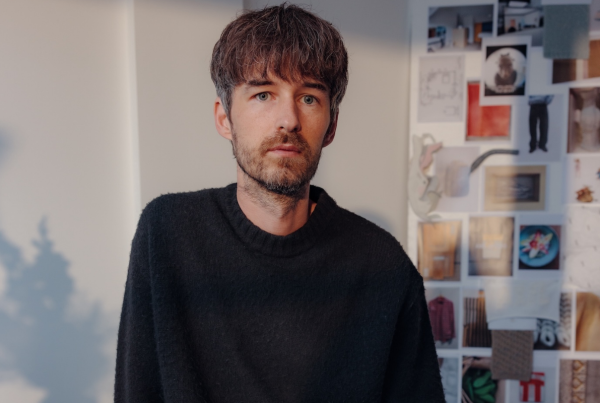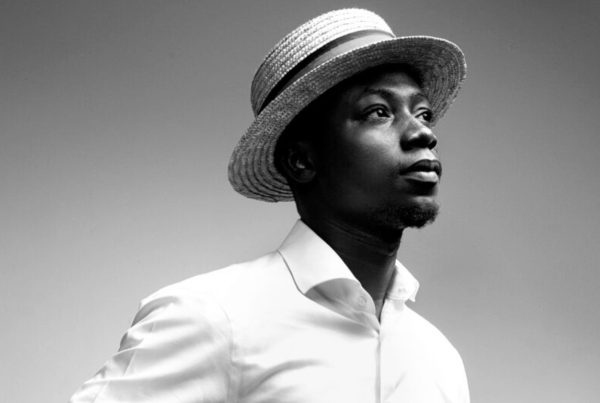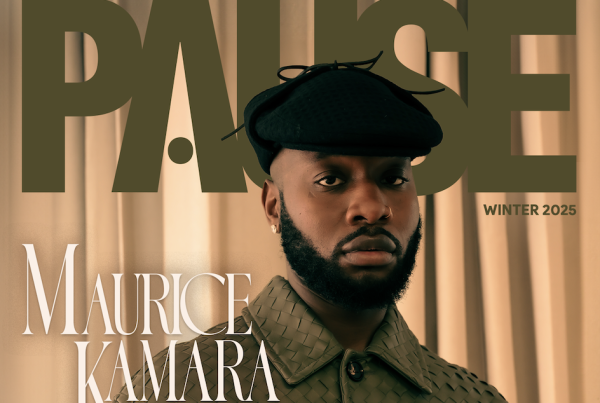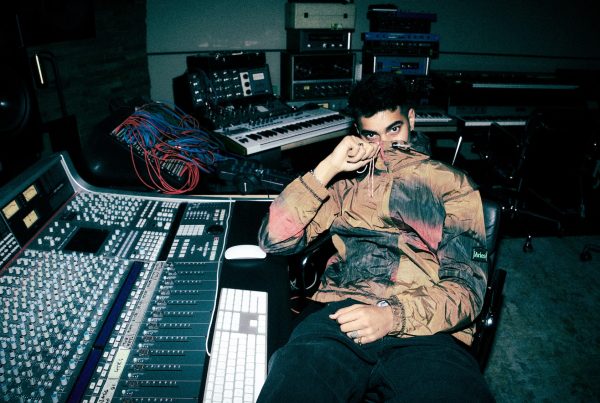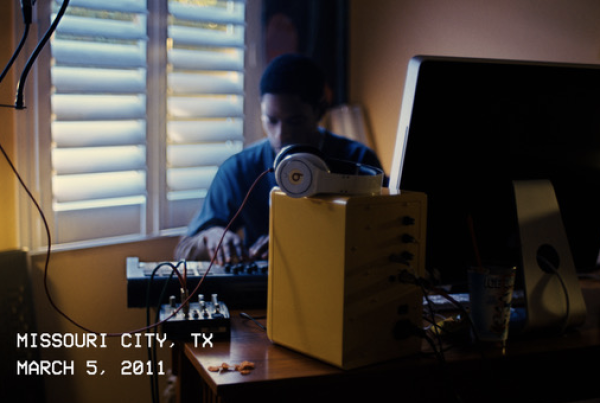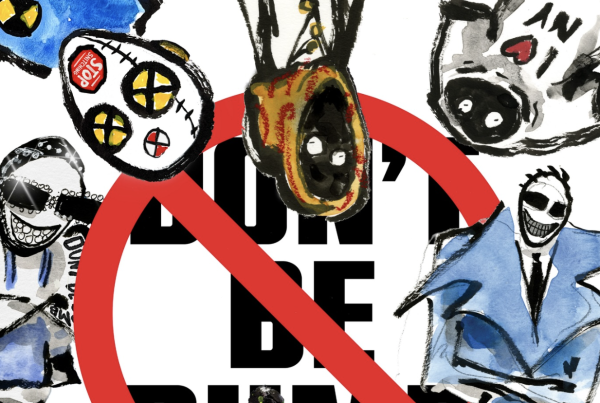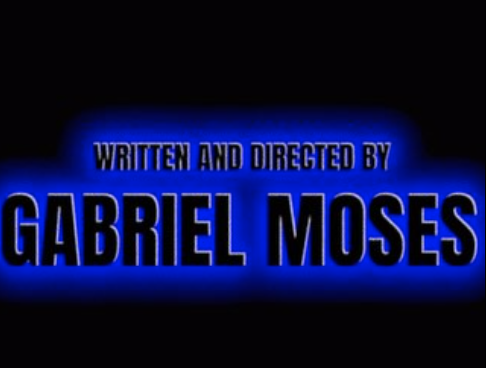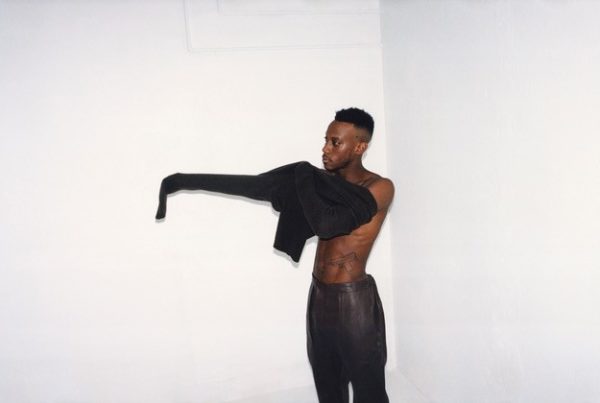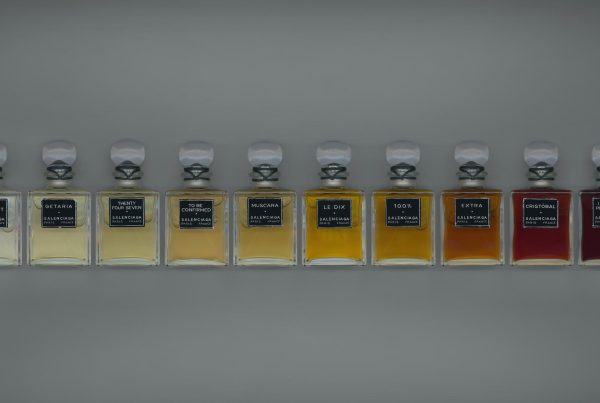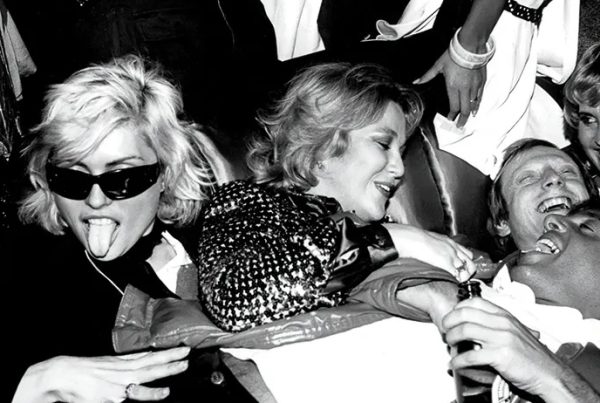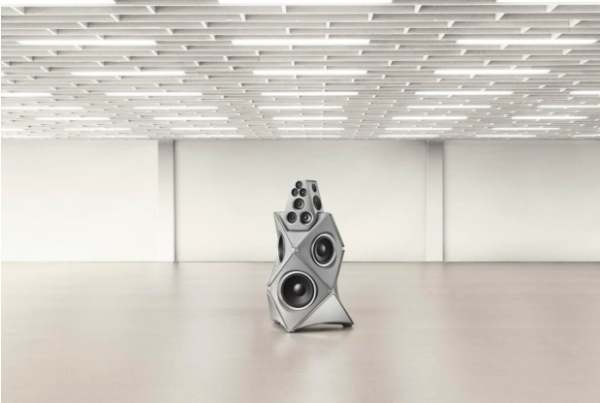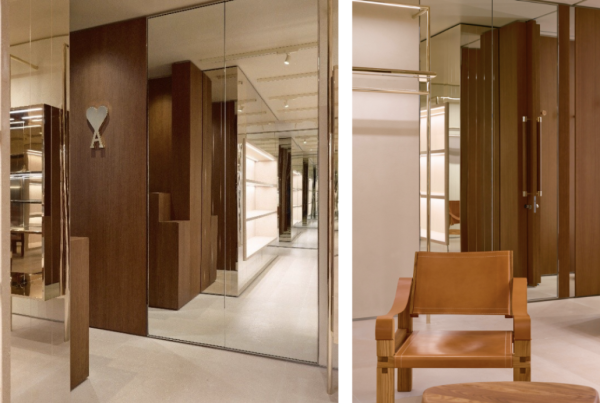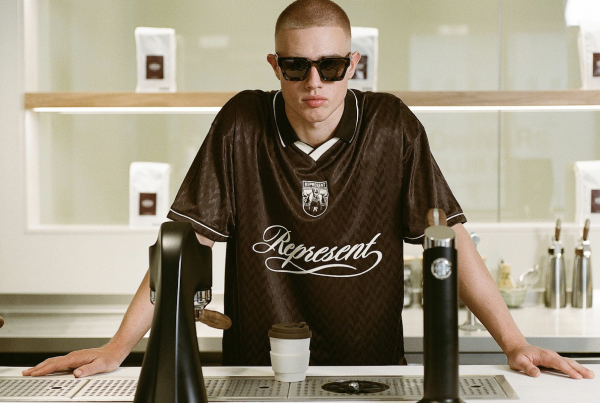SWAG isn’t just a statement, it's a conversation.
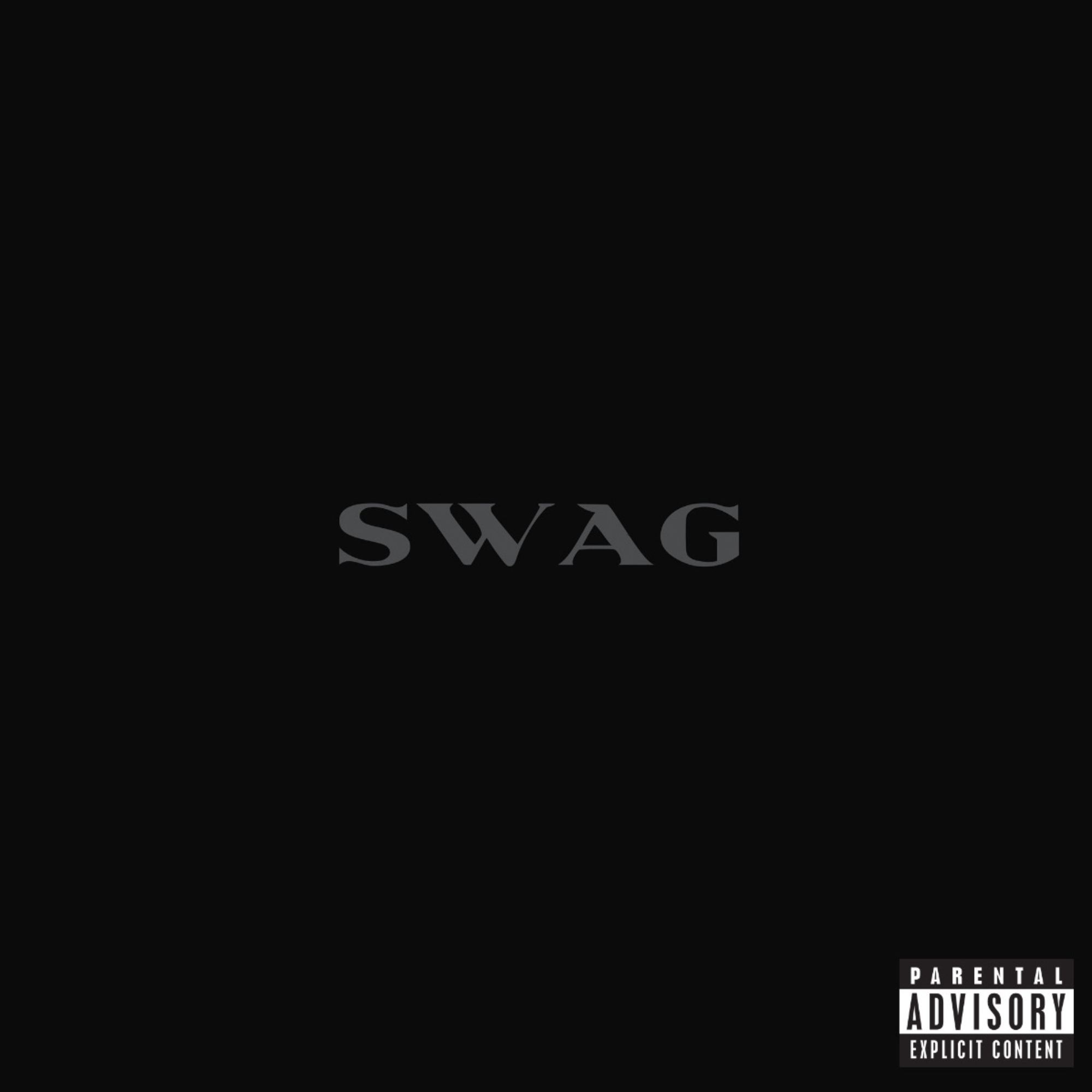
SWAG feels less like an album and more like a late-night conversation, one where Justin [Bieber] isn’t performing, but reflecting. There’s something incredibly intimate about the way it unfolds. You can hear the space, the silence and the weight between his words. This album isn’t trying to impress, nor is it chasing the charts, it’s just being honest.
There’s a rawness that’s hard to fake. It sounds like we’ve been invited into the studio with him, (no, not the glossy, press-friendly kind, but the real one). The one where the lights are low, the air is still, and he’s surrounded by a small group of people who truly get him. There’s no crowd, no headlines, just the people who speak the same quiet, unspoken and creative language.
This isn’t the polished, radio-ready Bieber we’ve come to expect. It’s stripped back. There are synths that hum like memory, and beats that feel like they’ve been lifted from an old soul record playing in the next room. It recalls the vulnerability of Michael Jackson, Marvin Gaye, and New Edition, not in a purely nostalgic sense, but in the way it leans into emotion without armour. Albums like “What’s Going On”, “A Song for You”, “Voodoo” — they weren’t clean. They were confessions, questions, letters to God, to lovers, to self. There’s something spiritual at play here too, in the way soul music has always been deeply human, deeply flawed and always searching. SWAG exists in that lineage, whether it’s conscious of it or not.
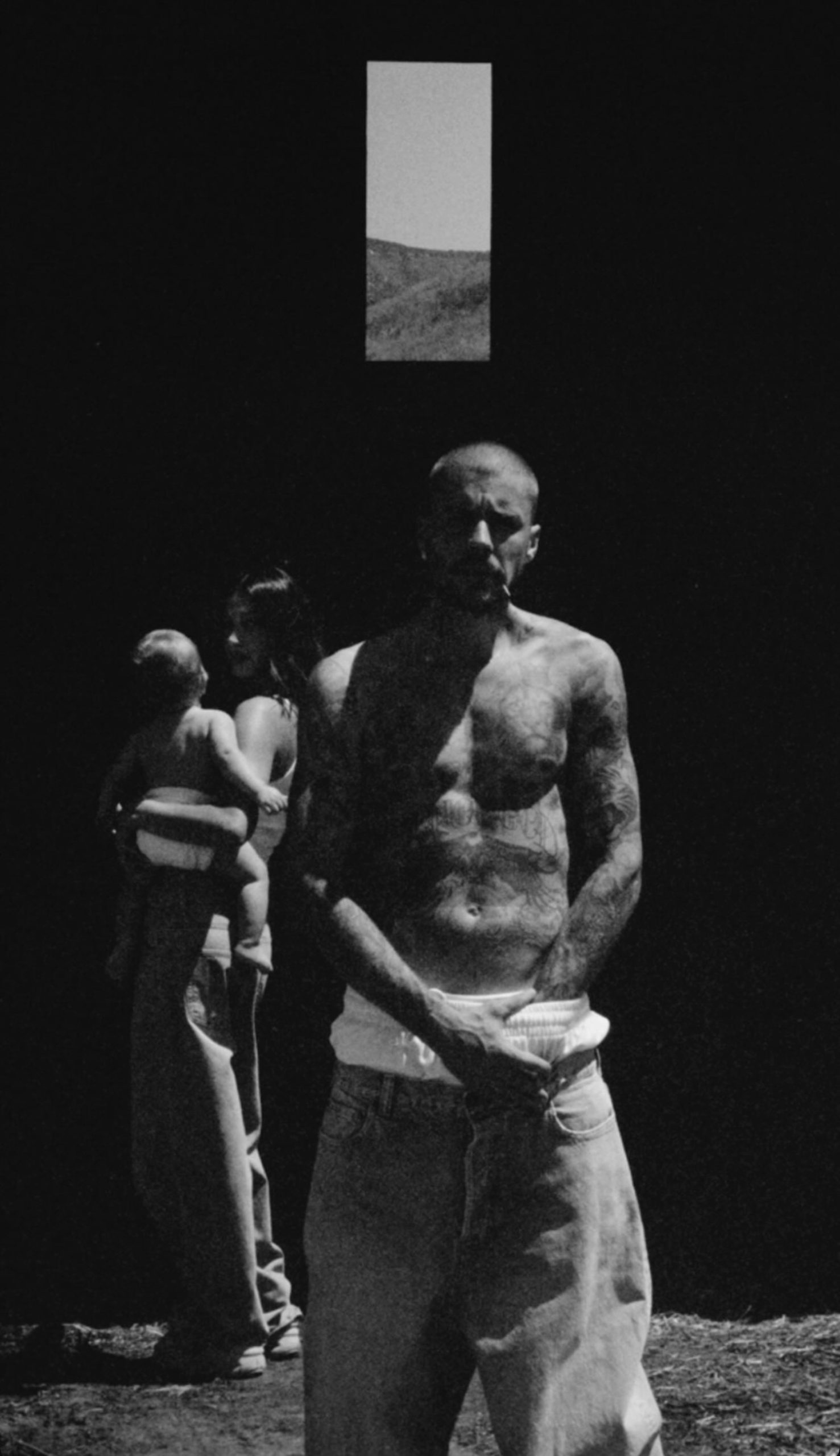
PHOTO CREDIT: @justinbieber
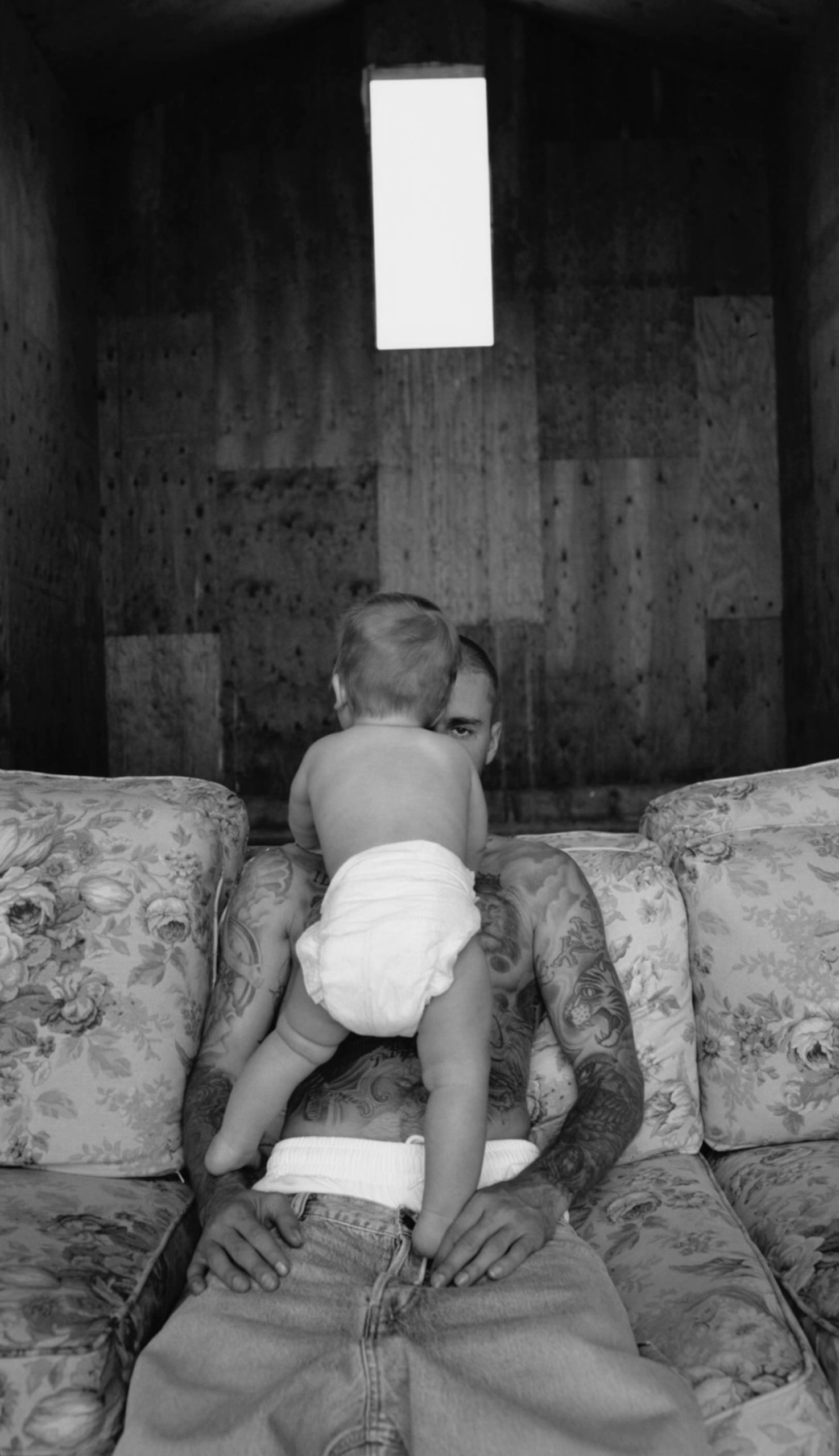
Being soulful doesn’t always mean smooth, it means truth. Throughout SWAG, there’s a conversation unfolding, not just between the songs, but within them. You hear him working things out in real time. Relationships. Fame. Self-worth. Faith. Distance. There are interludes with just talking and letting the moment breathe. And to me, those moments are some of the most powerful, because they don’t try to be anything more than what they are. They remind you that silence says more than lyrics ever could and that sometimes questions can linger longer than its answers.
Bieber is clearly looking back, not just at the public whirlwind of the last decade or so, but at the private moments that we never saw. He’s shedding: exaggerated entourages, old expectations, and noise. What’s left? Stood in their place is a smaller, more intentional circle of friends. A partner. A son. A mirror. A God. Himself.

The songs speak to love, but not in the shiny, surface-level way pop often does. There’s weight to it. A long-married kind of love. A “we’re still learning each other” kind of love. A “some days I lose myself and you still stay” kind of love. And beyond that, there’s a quieter dialogue about purpose, about belonging, about who remains there when the lights go out.
Some songs ache. Some feel like home. And some live in that liminal space between the two, the space where you don’t always know what you’re feeling, but you feel it anyway. That’s what SWAG does. It doesn’t demand your attention. It earns your trust.
This is Justin Bieber not trying to be perfect, but present. And that’s what makes it so powerful. As one of the songs puts it, “it’s been too long”, and it truly has as we have awaited his touch on music. But now it is here, we welcome Justin Bieber back with open arms and open hearts, ready to receive it in all its raw, unfiltered glory.

